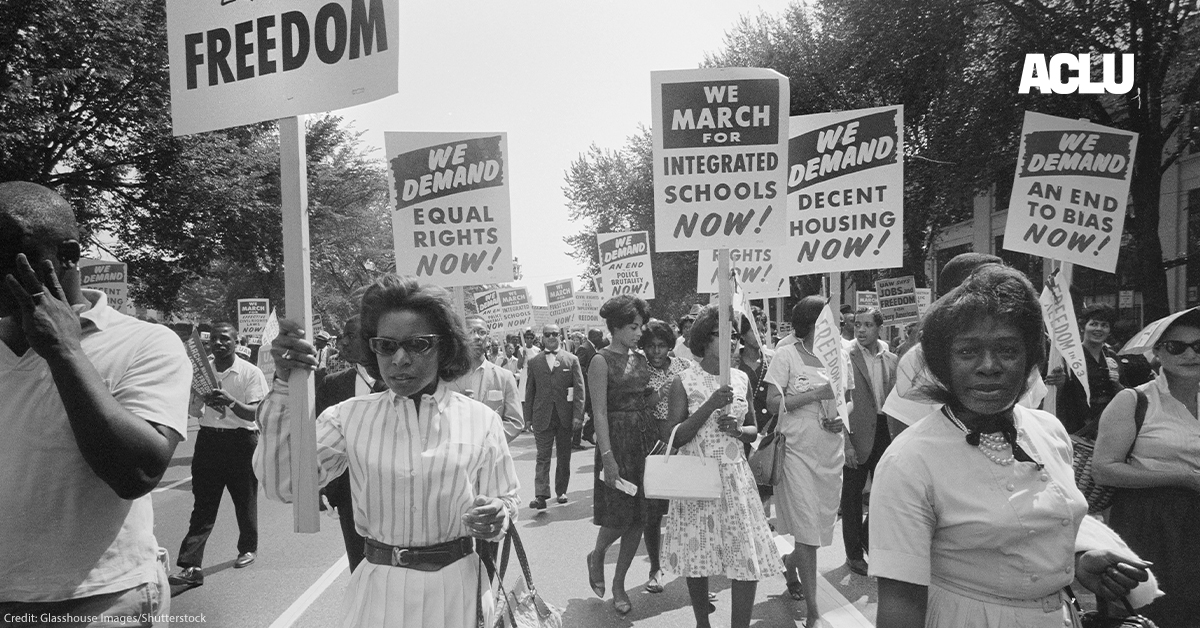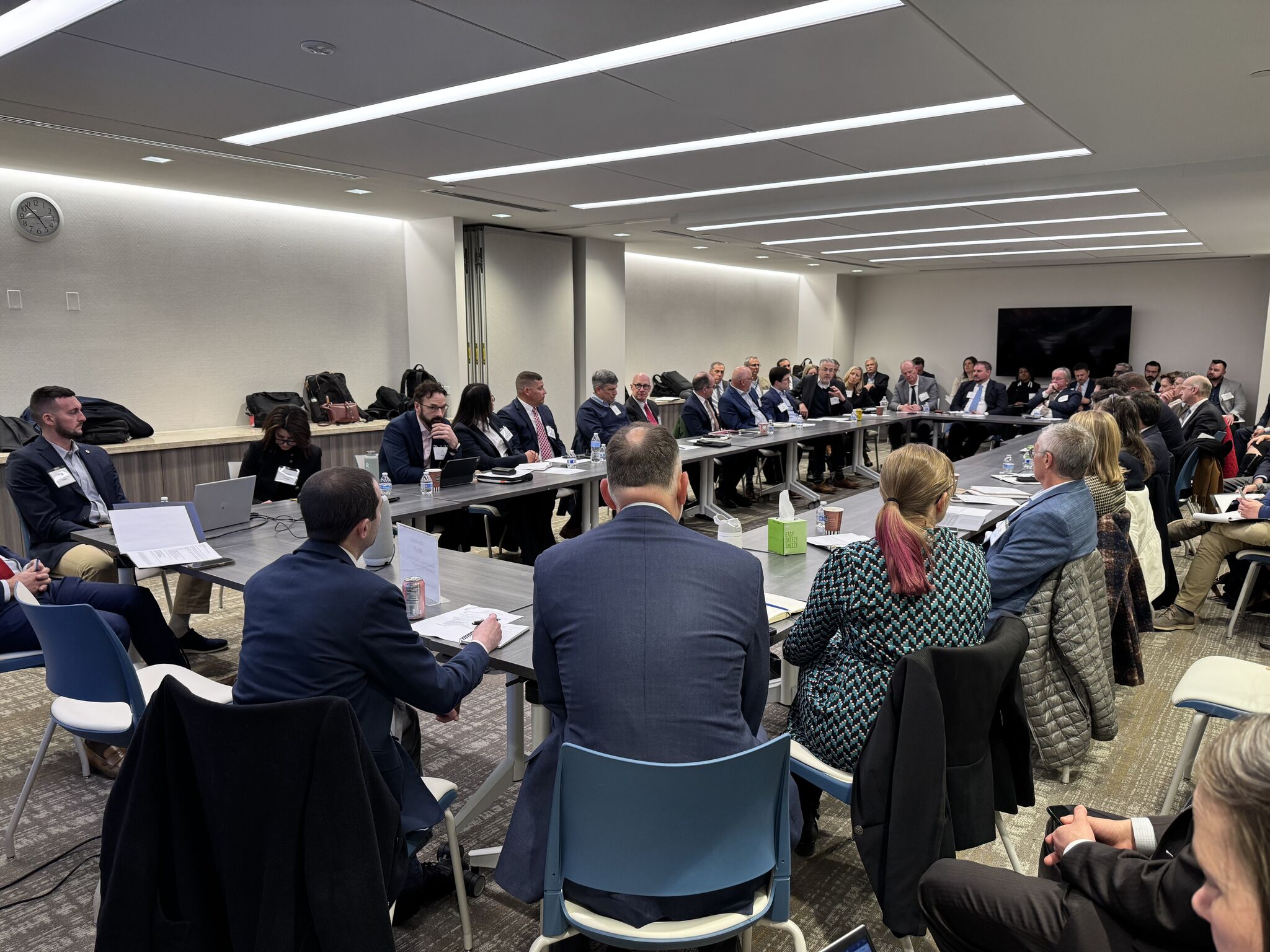3i: Infra is key to economic prosperity

This article is sponsored by 3i
Despite bid-ask spreads presenting some challenges over the past 18 months, the long-term opportunities for North American infrastructure remain very strong, especially considering the vast investment need across a multitude of sectors. The transport, digital, social infrastructure and environmental services sectors particularly offer attractive investment propositions.
Meanwhile, although an upcoming presidential election inevitably heralds a degree of uncertainty, the outcome is unlikely to negatively impact the significant momentum that has built behind America’s infrastructure industry, believes 3i’s managing partner and head of North American infrastructure, Rob Collins.
What are some of the most influential trends shaping the US infrastructure market right now?
There is undoubtedly significant need for capital. This is a country that has under-invested in its infrastructure for many years. The US population has almost doubled since the 1960s, when the majority of our infrastructure – from roads and railways to electricity grids – was constructed. Our continued economic prosperity depends on this infrastructure being upgraded and new infrastructure being built.
In fact, in its latest report card, published in 2021, the American Society of Civil Engineers estimated that there is an infrastructure investment gap of nearly $2.6 trillion this decade. If left unaddressed, this could cost the US $10 trillion in lost GDP by 2039. All of this has resulted in a huge range of long-term opportunities across many different sectors.
In the short term, however, we are seeing a widening of bid-ask spreads, which is impacting realisations. Owners are not being offered prices that they are willing to accept, which has inevitably had implications for overall M&A levels.
Which infrastructure sectors do you believe to be particularly interesting today?
We spend a lot of time looking at transportation infrastructure, environmental services and digital infrastructure. We would also like to get into social infrastructure but haven’t found the right opportunity just yet.
What we avoid, however, is renewables, because the returns are not where we need them to be for our strategy. Meanwhile, we only participate in auctions where we have an angle, to create value. If we don’t have an interesting angle, we’re out.
And does that extend to having European origins?
I would definitely say that our European origins present plenty of advantages. 3i was founded in 1945 by the Bank of England to help rebuild Britain after the second world war, so we certainly have longevity on our side. Furthermore, 3i actually stands for investors in industry, so infrastructure is in the DNA of the company.
We have over 30 infrastructure investment professionals in Europe and our US team works highly collaboratively with those individuals. We have purposefully aimed to replicate the success they have achieved in Europe, with our North American business. We have the same core-plus/value-add strategy and the same investment processes and portfolio reviews. We have a joint asset management function. We share best practices on a weekly basis and in a more concentrated manner every month.
We also have a culture of cross-staffing teams. My team has worked on European deals, where appropriate, and vice versa. Our philosophy is that we are very much one firm.
And what about the transport sector? Where within that overall landscape do you see the most attractive value propositions?
We have completed a number of investments in the transport space. One of the more unusual would be Smarte Carte, which is the sole provider of baggage carts in 98 of America’s top 100 airports. It also owns and manages lockers in amusement parks, fitness clubs and ski resorts around the world. That is a business we invested in back in 2017.
Another big transport play for us in the US has involved short line rail, which is essentially last mile delivery for freight rail. In many respects, short line rail is to transportation logistics what renewables is to energy. The US federal government subsidises short line rail in much the same way.
Fundamentally, federal and state governments want to get trucks off the roads, firstly to reduce carbon emissions. Short line rail is much more fuel efficient than trucking and the fuel required to haul one railcar is the same as the fuel required to power four trucks. But also because trucks cause so much damage to roads that even with subsidies, incentivising rail use ends up saving governments money.
“We are extremely optimistic about what the future holds for the North American infrastructure industry”
We started out in the sector buying Regional Rail in 2019. Regional Rail has since gone on to make multiple acquisitions, most recently Cincinnati Eastern Railroad, Indiana Eastern Railroad and Ohio South Central Railroad, which operate a combined 177 miles of mainline freight railroad, serving industrial customers across a whole host of end-markets including food and agriculture and chemicals. Overall, Regional Rail has more than quadrupled the number of railroads under its control, growing to 15 across the US and Canada, since our initial investment.
We view this kind of short line rail as essential infrastructure for local economies and as such it is a sector that is highly recession resistant, something that we witnessed firsthand through the pandemic. Once we bring in a new customer and onboard them on our rail track, that is typically a customer for life.
What is your assessment of the political risk facing the infrastructure asset class given that we are in an election year?
Infrastructure benefits from bipartisan support. Republicans and Democrats might not always agree on the details, but fundamentally both parties believe in the power of infrastructure to drive the economy and improve people’s lives.
It is widely accepted, for example, that infrastructure investment has a significant multiplier effect. World Bank analysis shows that every public dollar invested in infrastructure leads to $1.50 in resulting economic activity, with an even bigger effect during a recession. It is easy to see why politicians are big believers in infrastructure spending and in creating an environment that is conducive to private sector infrastructure investment as well. In that sense, it doesn’t really matter who is president of the US, come January, the asset class will continue to receive broad support.
How optimistic are you about what the future holds for US infrastructure over the next year or two, both in terms of investor appetite and deal opportunities?
Investor appetite is improving. We are certainly seeing tremendous demand for co-invest at the moment, which I would take as a positive signal that the LP market is returning.
In terms of dealflow, meanwhile, we will continue to remain broadly sector agnostic. Our principal aim is to find the best possible investments, wherever those may be. Overall, we are extremely optimistic about what the future holds for the North American infrastructure industry and for 3i’s role within it.
Environmental services is a key area of focus, where specifically are you seeing opportunities and what are the drivers?
Environmental services is certainly a sector that we deem to be highly compelling. To date, we have identified two main geographies for investment. The first is in Puerto Rico, which is akin to the 51st state of the US. It has the same rule of law as the US and all Puerto Rican residents are US citizens.
The opportunity to provide modern waste disposal in that region is extremely attractive when compared to the legacy practice of shipping waste offshore, which is very expensive. We have made an investment in a company called EC Waste, which is the largest vertically integrated provider of solid waste services in Puerto Rico.
EC Waste provides multiple waste services to over 80,000 residential, commercial and industrial customers. It also manages three transfer stations, runs the island’s largest regulated, solid waste collections network and hosts what will be Puerto Rico’s largest renewable natural gas collection project at its El Coqui facility.
The other geography where we are focusing our attentions when it comes to environmental services is southeast America. We have found a great partner business there in Amwaste, which is based in Georgia, and also has operations spanning Alabama and Louisiana. Amwaste, which we invested in last year, operates eight landfill sites, 10 transfer stations and one recycling plant. Again, we are also looking to buy a landfill gas-to-energy plant in order to enhance the returns for our investors.
Related
How SenseiNode Is Building Proof-of-Stake Infrastructure in Latin America
A lot of attention is paid to the decentralization of the Bitcoin network.Bitcoin miners should set up shop in a number of different jurisdictions in order to p
The Infrastructure of Racial Justice Is Under Attack. We Must…
President Donald Trump began February with a proclamation that Black History Month offered “an occasion to celebrate the contributions of so many Black Am
Bomb threat found “non-credible”: American Airlines after Delhi-bound flight diverted…
American Airlines has said that the "bomb threat on board", due to whi
Big infrastructure investment plans take shape in America
Amtrak and dozens of major industry partners representing construction, manufacturing, rail supply, engineering, and other sectors convened for an industr













